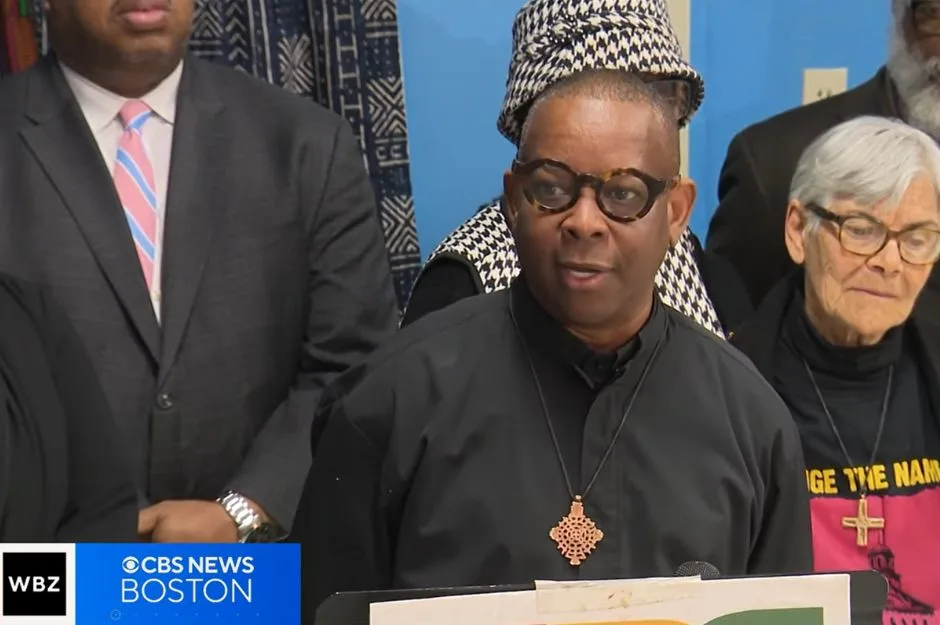
Activists demanding reparations to the African-American community in Boston recently called for “white churches” to participate in paying reparations to the community due to slavery. The movement’s leadership stressed this after their last meeting.
Last Saturday, a group of Christian clergy from different Boston congregations gathered to call on Boston’s “white churches” to support reparations for the transatlantic slave trade and lend financial support to the effort by investing in the city’s black community. The meeting was organized by the Boston People’s Reparations Commission, a civic group that lobbies the Boston City Council for initiatives in reparations for the African American community.
“We call on the white churches in Boston, to join us in supporting a black reparations movement.”
Racial justice leaders are demanding support from white churches and $15 billion from the city of Boston.
pic.twitter.com/ptqpVQXkSo— Daily Wire (@realDailyWire) March 25, 2024
The city of Boston has its own reparations task force. Among the options being considered is the distribution of payments for a total amount of $15 billion to the African-American community. This amount was proposed in February by activists, who claimed that the wealth of the city of Boston was generated by the transatlantic slave trade.
“We call sincerely and with a heart filled with faith and Christian love for our white churches to join us and not be silent around this issue of racism and slavery and commit to reparations,” said Rev. Kevin Peterson, who heads the Boston People’s Reparations Commission, during the meeting.
“We point to them in Christian love to publicly atone for the sins of slavery,” said Rev. Peterson. “And we ask them to publicly commit to a process of reparations where they will extend their great wealth — tens of millions of dollars among some of those churches — into the black community,” the reparations activist added.
According to a letter from the activist group obtained by The Boston Globe, the group is asking white churches to set aside funds for cash payments and to fund urban development projects in African-American neighborhoods in the city.

